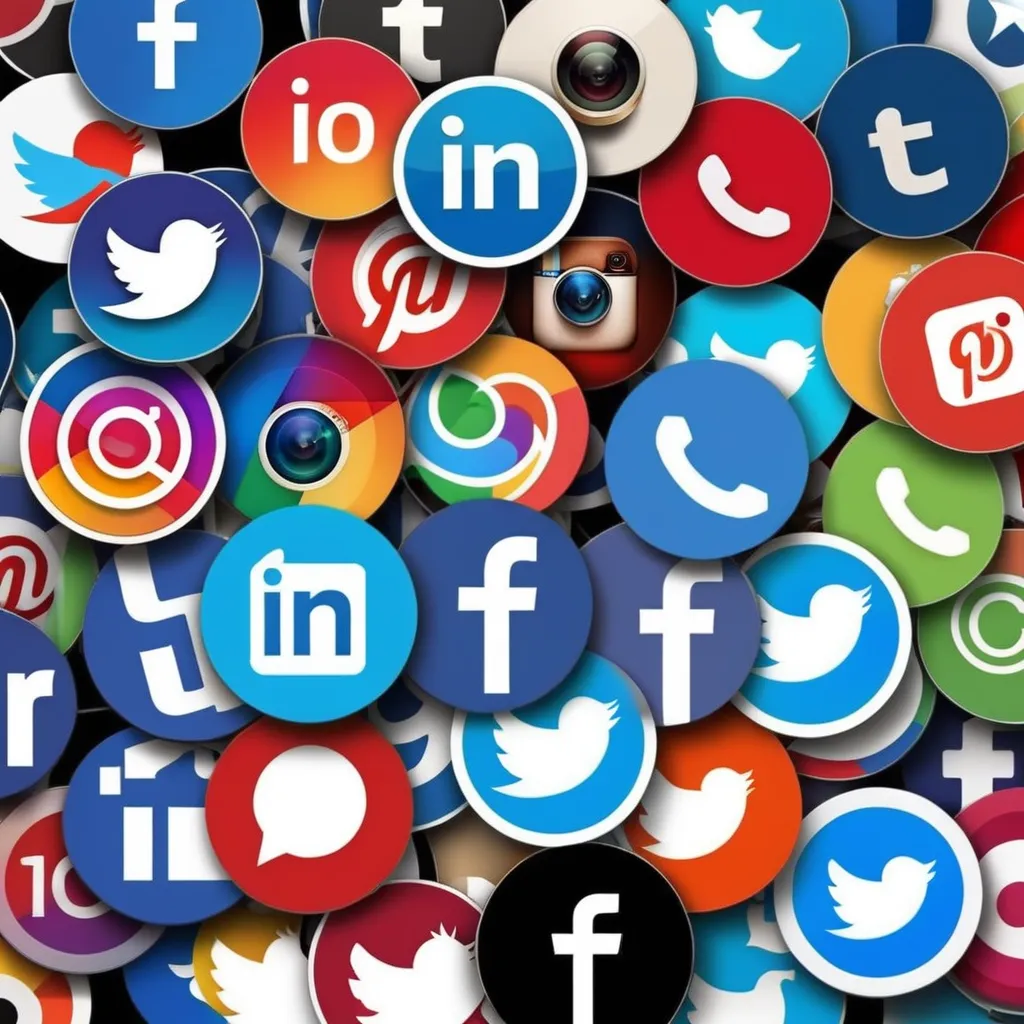The Impact of Social Media on Body Image
In today's digital age, it's impossible to escape the pervasive influence of social media. While these platforms offer connectivity and entertainment, they also wield significant power over how we perceive our bodies. As someone who's navigated the world of social media, I understand the complexities it brings to our body image. In this article, we'll explore the profound impact of social media on our body image, with insights drawn from personal experiences.

The Social Media Illusion
Before we delve into the details, let me share a personal perspective. Scrolling through social media feeds can sometimes feel like entering a realm of idealized beauty and perfection. It's as if everyone has flawless skin, perfectly sculpted bodies, and an effortlessly glamorous lifestyle. It's easy to fall into the trap of comparing ourselves to these seemingly unattainable standards.
I've had moments where I questioned my own appearance and self-worth after hours of scrolling through picture-perfect posts. It's a feeling many of us have experienced in the age of social media.
The Filtered Reality
One of the most significant contributors to distorted body image on social media is the use of filters and photo-editing tools. These digital enhancements can smooth out imperfections, slim down figures, and enhance facial features, creating an unrealistic standard of beauty.
The Pressure to Conform
Seeing these heavily edited images can lead to a sense of pressure to conform to these ideals. Some individuals go to great lengths to present themselves as flawless, often at the cost of their self-esteem and mental health.
The Highlight Reel Effect
Social media often portrays a "highlight reel" of people's lives, showcasing only the best moments and most flattering images. This curation can make it appear as though everyone is living a perfect life with an impeccable body.
Real vs. Ideal
It's crucial to recognize that what we see on social media is a carefully curated version of reality. People tend to share their successes, milestones, and the moments when they feel most confident. Comparing our real, unfiltered lives to these idealized versions can be detrimental to our self-esteem.
I once met someone in person whom I had followed on social media for years. To my surprise, their life wasn't as glamorous as it appeared online. It made me realize the stark contrast between the digital persona and the real person.
The Rise of Influencer Culture
The emergence of social media influencers has intensified the pressure to conform to beauty standards. Influencers often endorse products and lifestyles that promise to help their followers achieve a certain look or body type.
The Unrealistic Promises
Many influencers promote products like detox teas or waist trainers, claiming that these items are the secrets to their appearance. In reality, these products may be ineffective or even harmful.
The Role of Likes and Comments
The quest for validation on social media can also take a toll on body image. The number of likes, comments, and followers can become a measure of self-worth, and this can lead to an obsession with appearance.
Seeking External Validation
Relying on external validation from strangers on the internet can be emotionally draining. It's essential to remind ourselves that our self-worth should not be tied to digital approval.
Promoting a Healthy Perspective
To combat the negative impact of social media on body image, it's essential to cultivate a healthy perspective:
1. Limit Screen Time
Set boundaries for your social media use. Spending excessive time scrolling through idealized images can erode self-esteem.
2. Curate Your Feed
Follow accounts that promote body positivity and self-acceptance. Surrounding yourself with positive influences can help counteract the negative ones.
3. Reality Check
Remind yourself that what you see on social media is not the full picture. Everyone has imperfections and struggles, even if they don't share them online.
4. Seek Support
If you find that social media is significantly impacting your self-esteem and body image, consider seeking support from friends, family, or a mental health professional.
In conclusion, the impact of social media on body image is profound, but it's not insurmountable. By recognizing the illusions created by filters and curated feeds, we can take steps to protect our self-esteem and mental well-being. Social media is a tool that should enhance our lives, not diminish our self-worth. It's up to us to navigate this digital landscape with mindfulness and self-compassion.

No comments:
Post a Comment